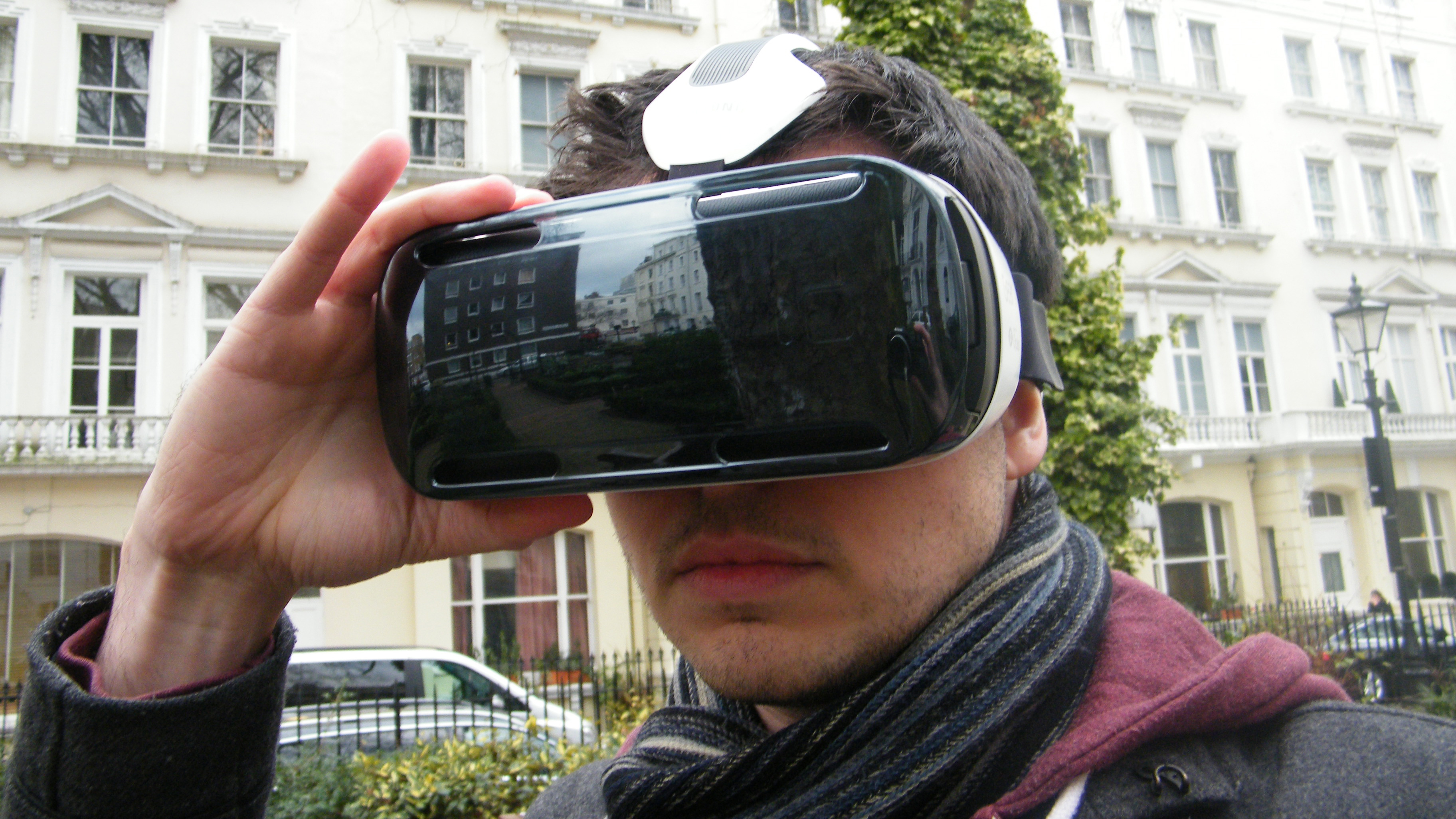Don't hold your breath for an Intel VR headset
It's got the tech, but not the desire

Sign up for breaking news, reviews, opinion, top tech deals, and more.
You are now subscribed
Your newsletter sign-up was successful
Intel has no plans to build a virtual reality (VR) headset, and definitely no designs on selling one to consumers.
Kim Pallister, Director, VR Center of Excellence at Intel, revealed this to techradar at an event at GDC 2016 held to discuss Intel's VR strategy.
"No, we don't have plans to build a headset," he told us point blank.
Pallister explained Intel works closely with a number of partners in the space, including HTC, Oculus and Razer, as well as companies that are developing VR in regions like China.
"We're pretty satisfied working on the base platform that powers that stuff, helping them do whatever they need to do," Pallister said.
Recent reports indicated Intel was building a headset that would use the company's RealSense 3D camera technology for an augmented reality experience. Rather than position it as a product for consumers, Intel was said to target the rumored headset at manufacturers to demonstrate what's possible with its parts.
Intel has a long history of building hardware to show other companies what can be done with its components, without ever bringing the tech to market.
Sign up for breaking news, reviews, opinion, top tech deals, and more.
The next, next gen
Pallister said Intel is already looking to second- and third-generation VR and focusing on solving problems the current gen is facing, such as reducing - or removing - wires and bringing users' hands into the experience using RealSense.
"RealSense is a powerful asset that we have for our clients," he said. "When you look at the whole idea of putting a camera in or on the head mounted display, there's some obvious things. I can keep you from bumping into the coffee table, or I can bring your hands into the simulation."
He continued: "It's not clear that people are going to want to get rid of the controller, but [let's] have it be more intuitive: if I pick up my cell phone, that should be in the simulation. We're excited about the openness that people have and allowing experimentation. Someone at a hackathon or indie game jam or wherever will come up with a new way of using [RealSense], and then we'll see it take off as a result. "
At tonight's event, Pallister did leave the door open for Intel to, one day, tinker with a headset to help other manufacturers improve virtual reality for all.
"Maybe we could take a hacker kit and experiment with stuff to show what's possible," he said. "But we're not going to bring a product to market."

Michelle was previously a news editor at TechRadar, leading consumer tech news and reviews. Michelle is now a Content Strategist at Facebook. A versatile, highly effective content writer and skilled editor with a keen eye for detail, Michelle is a collaborative problem solver and covered everything from smartwatches and microprocessors to VR and self-driving cars.